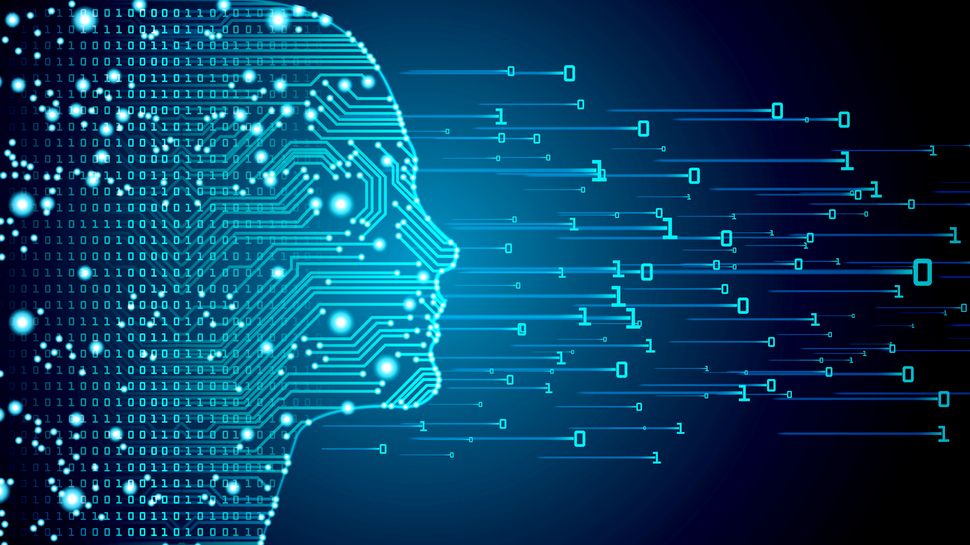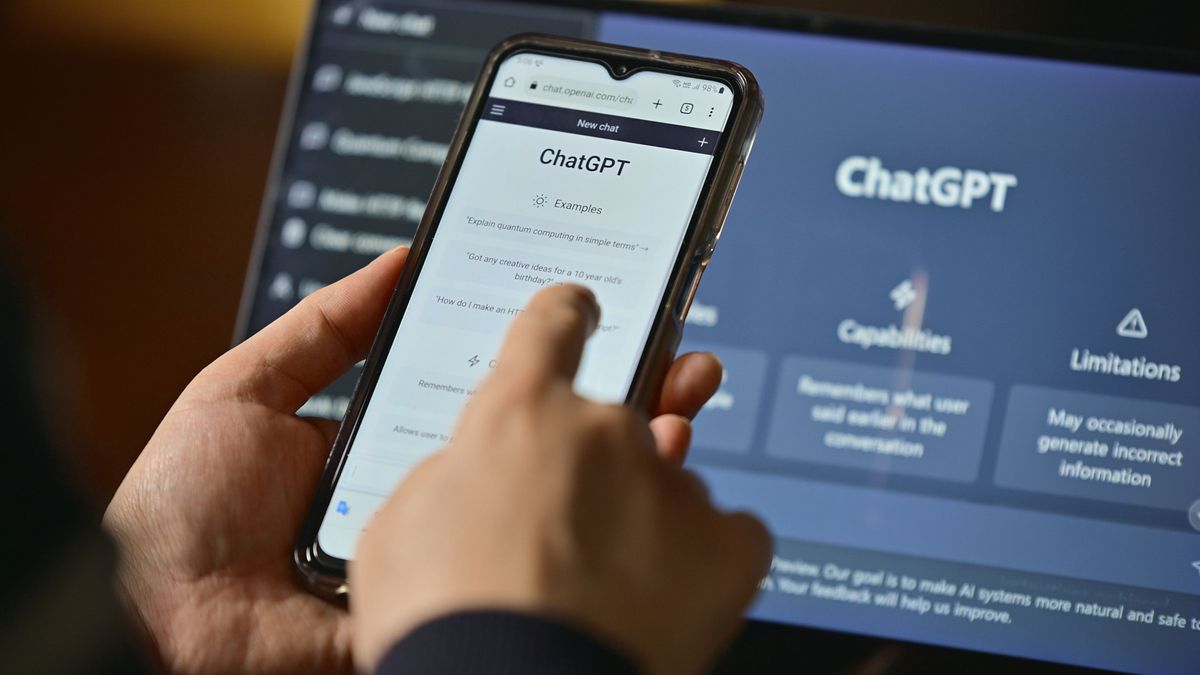Meta CEO Mark Zuckerberg thinks Apple “[hasn’t] really invented anything great in a while” and that it has been coasting off of its past success. “Steve Jobs invented the iPhone and now they’re just kind of sitting on it 20 years later,” he said this week.
Zuckerberg made the statements during a nearly three-hour long podcast with Joe Rogan where, along with discussing Meta’s moderation policy changes and turn against diversity and inclusion policies, they got into Meta’s beef with Apple and its policies.
The conversation actually started with Rogan’s issues with Apple. Rogan said he’s moving “from Apple to Android” in part because he doesn’t “like being attached to one company.” He also isn’t a fan of Apple’s App Store policies. “The way they do that Apple store, where they charge people 30 percent,” he said. “That seems so insane that they can get away with doing that.”
“I have some opinions about this,” Zuckerberg said. While he gives credit to the iPhone as “obviously one of the most important inventions probably of all time,” he argued that Apple has put rules in place that “feel arbitrary.”
Zuckerberg said that Apple has “thoroughly hamstrung the ability for anyone else to build something that can connect to the iPhone in the same way” as Apple’s own products, like the AirPods. If Apple let other people use its protocol, “there would probably be much better competitors to AirPods out there,” Zuckerberg said.
Naturally, there’s business behind Zuckerberg’s gripes. Meta has had longstanding issues with Apple and the 30 percent cut it takes on some App Store transactions. Apple’s iOS restrictions have made it harder for Meta to compete on hardware and wiped out billions of dollars in advertising. Zuckerberg said that if Apple’s “random rules” didn’t apply, Meta would make “twice as much profit or something” based on his “back of the envelope calculation.”
Apple is increasingly under pressure to open up. It’s made changes in the European Union in response to new laws targeting its policies, and it’s facing a lawsuit from the US Department of Justice for holding a monopoly over smartphones. But the company seems intent on maintaining its closed ecosystem until it’s forced to change.
Zuckerberg believes that Apple’s reliance on “just advantaging their stuff” will ultimately hurt the company. Apple has “been so off their game in terms of not really releasing many innovative things,” he said. He said that the tech industry is “super dynamic,” and “if you just don’t do a good job for like 10 years, eventually, you’re just going to get beat by someone.” (It’s easy to guess who Zuckerberg thinks that might be!)
Apple did not immediately respond to a request for comment on Zuckerberg’s remarks.
“There isn’t a physical world and a digital world anymore.”
Zuckerberg touched on a lot of other tech topics as part of his conversation with Rogan, including AI and how he thinks about screen time with his daughter playing Minecraft. One area he spent some time on was neural interfaces and how physical and digital worlds will blend together.
He thinks that “it’s going to be a while before we’re really widely deploying anything that jacks into your brain,” for example, and (naturally) he talked about the benefits of a wrist-based neural interface, which Meta is working on as part of its Orion augmented reality glasses.
Down the line, Zuckerberg envisions a world where you’ll be able to use the neural interface wristband and the glasses to text a friend or an AI and have the glasses give you the answer. He also believes that as smart glasses or even contact lenses as a computing platform become more developed, the internet will be “overlaid” on the physical world.
“I think we’ll basically be in this wild world where most of the world will be physical, but there will be this increasing amount of virtual objects or people who are beaming in or hologramming into different things to interact in different ways,” he said.
“There isn’t a physical world and a digital world anymore,” he added. “We’re in 2025. It’s one world.”

 3 days ago
27
3 days ago
27








 English (US) ·
English (US) ·